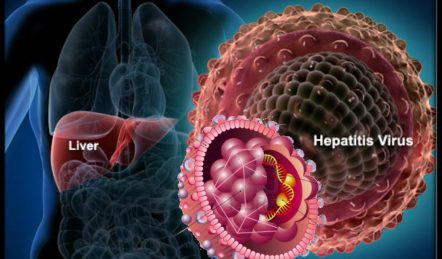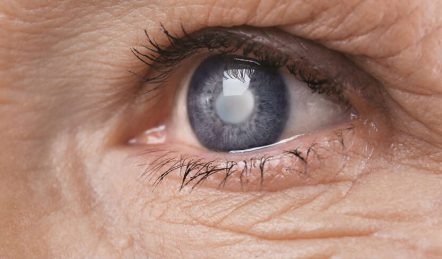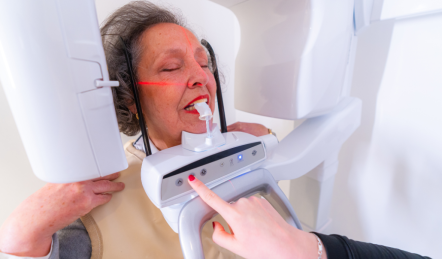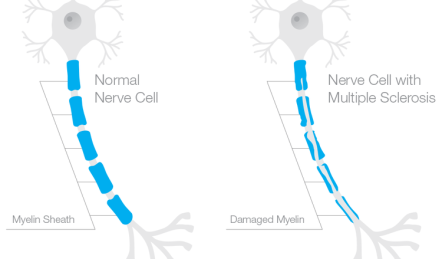HIV Symptoms and Facts You Should Be Aware Of
Most people associate common illnesses and disorders with the common cold or the flu. HIV, on the other hand, impacts millions of people and has a long-term impact on their health.
According to Healthline¹, an estimated 1.1 million Americans live with HIV, and an additional 38,000 are being diagnosed each year. However, one out of every five persons is entirely unaware that they are infected with the virus. It’s critical to know the facts about HIV because it’s such a common disease. First, what are the symptoms? What are the options for treatment? And, perhaps most significantly, how do you determine if you have contracted HIV?
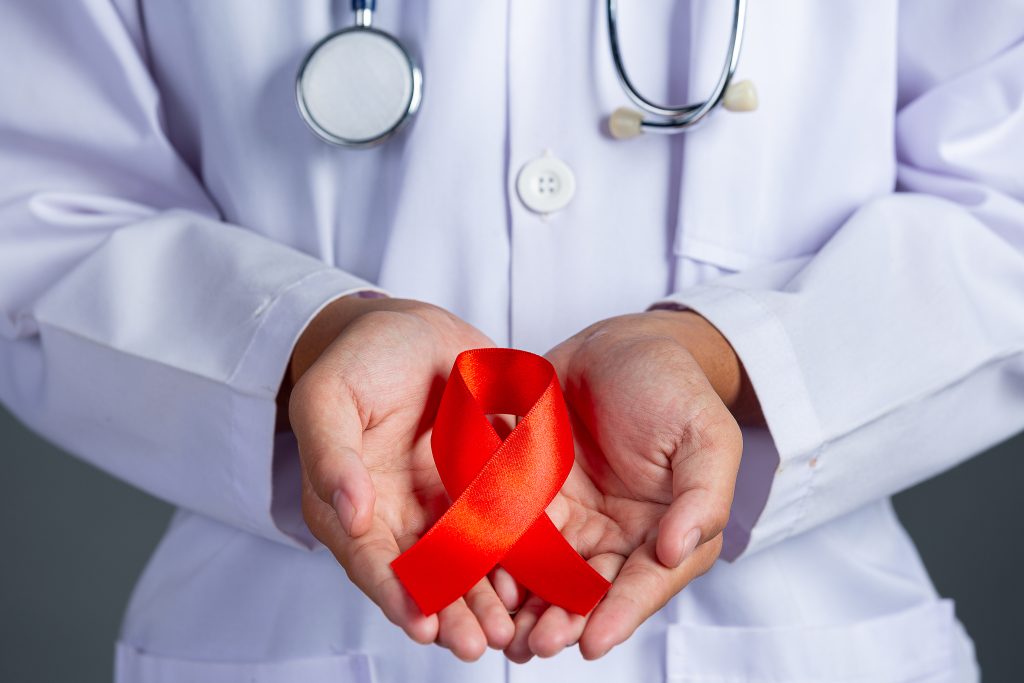
What is HIV?
The virus that causes HIV, or the Human Immunodeficiency Virus, affects the immune system. When HIV is active in the human body, it causes the breakdown of specific cell types, impairing the body’s ability to recover and maintain health.
The immune system is weakened as a result of HIV infection. Illnesses and viruses that you ordinarily would be able to fend off are now much more likely to infect and even kill you because your body can no longer fight them off.
HIV is a long-term condition that requires constant monitoring and treatment. HIV is a chronic disease for which there is no known cure.²
HIV’s Early Warning Signs and Symptoms
The fact that HIV may exist in the body without causing any symptoms is one of the most startling aspects of the virus. As stated by Planned Parenthood³, many individuals who have been diagnosed with HIV go years without experiencing any symptoms. Thus, early signs of HIV are frequently mistaken for later symptoms.
When you get HIV, your body enters a period known as acute infection. Your body’s natural defenses cannot keep up with the rapid spread of the infection. You are unlikely to suffer any symptoms throughout this time. Healthline⁴ explains that symptoms can occur roughly a month or two after the infection has taken hold of the body.
In many cases, the earliest signs of HIV don’t appear to be uncommon. They resemble the symptoms of the typical cold or flu. Because the early symptoms of HIV infection are transient, it may seem like you’re battling a cold or a sickness that lasts for a few weeks.
The following are some of the symptoms you may encounter:
- Fever
- Vomiting or an upset stomach
- Chills
- Inflamed lymph nodes
- Pain and discomfort all over the body
- Skin rash
- Headaches and sore throat
In the beginning, HIV may not appear to be a problem at all. Furthermore, the erratic nature of the symptoms makes things much more perplexing. Make an appointment with your doctor if you notice any of these symptoms.
HIV’s Late-Stage Symptoms
The clinical latency stage begins about one month after the acute infection stage of HIV has ended. Symptoms tend to go away throughout this period, ranging anywhere from a few years to several decades. It’s unlikely that you’ll suffer anything more than a few minor side effects.
Healthline⁵ reports that the following are the most typical signs and symptoms seen by those infected with HIV at this stage:
- Fever
- Headaches
- Fatigue
- Body aches
- Nausea, upset stomach, or vomiting
- Unexplained weight loss
- Swollen lymph nodes
- Frequent oral or vaginal yeast infections
- Rashes on the skin
HIV can progressively impair the body’s immune system if it is not treated and monitored. The infection advances to AIDS within a decade, and life expectancy shrinks to only three years. In addition, the immune system continues to weaken as AIDS progresses, making it nearly impossible for the body to fight off even the most common of illnesses.
The Treatment and Management of HIV
HIV was a challenging disease to manage and treat until recently. People with HIV have a far better prognosis now than they had in the past. Despite the lack of a cure, medications can now control HIV and extend the lifespan of patients infected with the virus.
Additionally, there are a variety of HIV medicines on the market now. They are known as antiretroviral therapy (ART), and each of them has a distinct manner of preventing the virus from spreading. A combination of ART drugs may be necessary to combat the infection.
To treat HIV, doctors continuously monitor the virus and your immune system. Then they can see how your body is reacting to ART treatment and make adjustments as necessary. Though HIV will remain in your body for the rest of your life, treatment is powerful enough to make the infection undetectable and strengthen your immune system, according to Mayo Clinic⁶.
While HIV may be controlled and treated, it is critical to remember that people must be tested on a regular basis. Numerous individuals are unaware they are afflicted with the virus. In addition, if left untreated, the virus can develop through its many phases and eventually lead to AIDS. Take action and control your health by ensuring that you are tested so that the progression of HIV can be delayed.
References:
¹ Healthline, HIV and AIDS: What’s the connection?
² Planned Parenthood, HIV & AIDS
³ Planned Parenthood, HIV & AIDS
⁴ Healthline, HIV and AIDS: What’s the connection?
⁵ Healthline, HIV and AIDS: What’s the connection?
⁶ Mayo Clinic, HIV/AIDS



